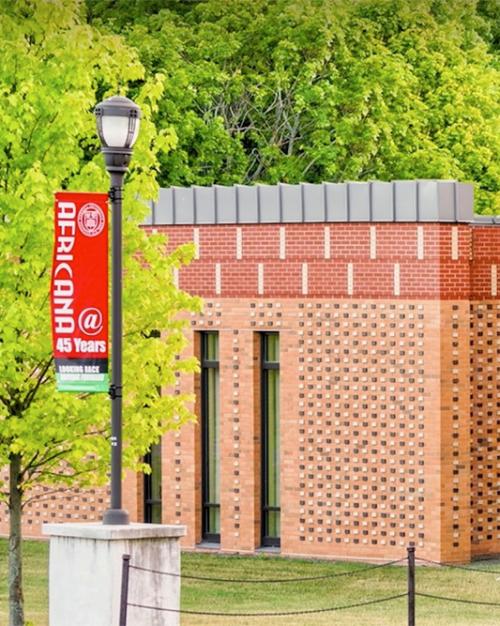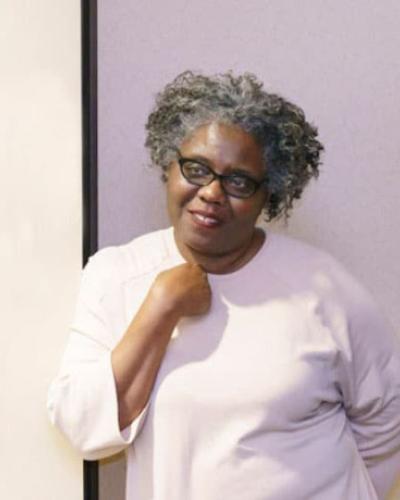...Starting with their hair. “It’s amazing how often people find dreadlocks to be a particular kind of offense,” says Noliwe Rooks, a professor at the Africana Studies and Research Center at Cornell University who frequently writes about the cultural and racial implications of beauty and fashion. “And so there’s a long line of people saying, ‘I want to make you successful, but first we have to cut that hair.’”
Too often, Rooks says, people look at poor black youths as a population with inherent problems, rather than a population that is in a set of problematic circumstances. “Nobody’s telling the coal miners in Appalachia, ‘Go fix yourselves, go cut your hair, put on a suit and walk around every day.’ Only with nonwhite people do you see that the first, second and third response to what might be broken is ‘You are the problem.’”
In fact, black hair has been mentioned as a stumbling block to success so often, Rooks points out, that legislation was recently passed in California making it illegal to discriminate against someone on the basis of hairstyle. “We need legislation to protect people from these scissor-wielding white gatekeepers,” says Rooks.
Read the entire article in The Chicago Tribune.





